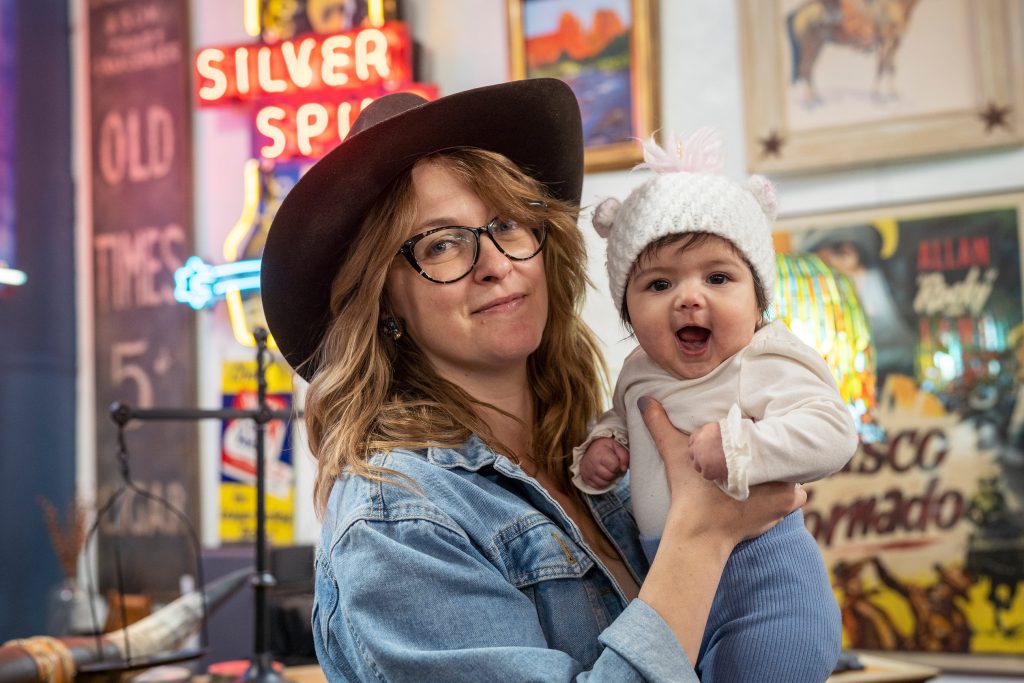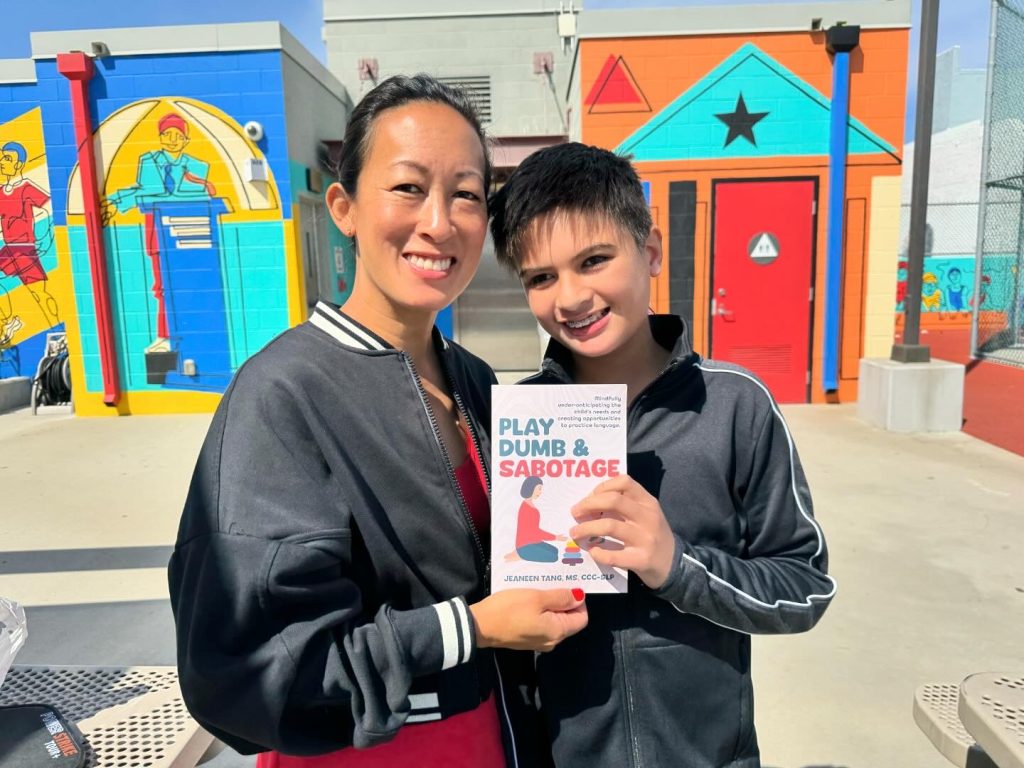The Benefits of Doula Care with Laura Navaquin: Podcast Episode #257

Laura Navaquin shares her experience utilizing doula support in the latest episode of Ask the Doulas. She also talks about her work with Nava Consulting and Inspire Her Foundation. Hello, hello! This is Kristin Revere with Ask the Doulas, and I am so excited to chat with Laura Navaquin today. Laura is the founder of […]
Postpartum Wellness with Dr. Emilie Wilson: Podcast Episode #256

Kristin Revere and Dr. Emilie Wilson discuss the importance of preparing for postpartum during pregnancy on the latest episode of Ask the Doulas. Dr. Wilson also shares self-care tips from her new book, “POST: The Essential Guide to Creating Your Postpartum Self-Care Plan in Pregnancy.” Hello, hello! This is Kristin Revere with Ask the Doulas, […]
Early Language Development Strategies with Jeaneen Tang: Podcast Episode #255

Kristin Revere and Jeaneen Tang discuss how parent and caregiver education and training on early language development skills and strategies is so important. Jeaneen also shares tips from her new book, Play Dumb and Sabotage. Hello, hello! This is Kristin Revere with Ask the Doulas, and I am excited to chat with Jeaneen Tang today. Jeaneen […]
Preparing for Parental Leave: Podcast Episode #254

Kristin Revere and Jackie Cook discuss her work with clients and employers on maternity leave preparation and her Expecting Success program on the latest episode of Ask the Doulas. Hello, hello! This is Kristin Revere with Ask the Doulas, and I am thrilled to chat with my friend Jackie Cook today. I met Jackie back […]


